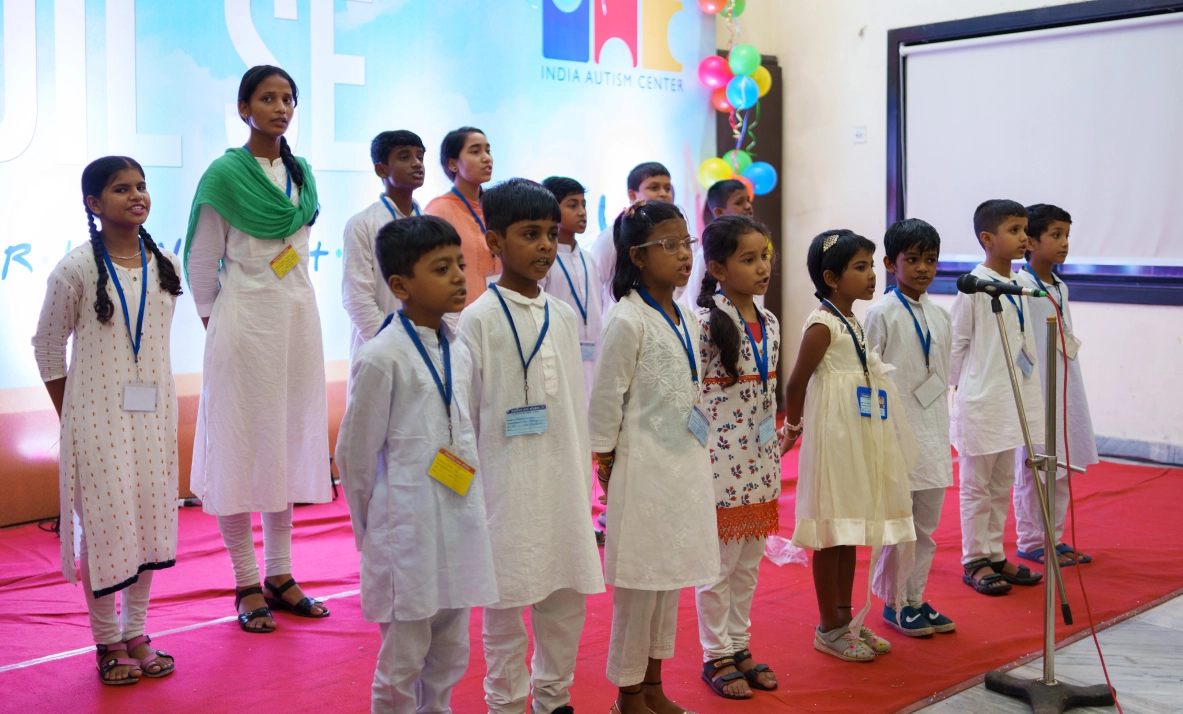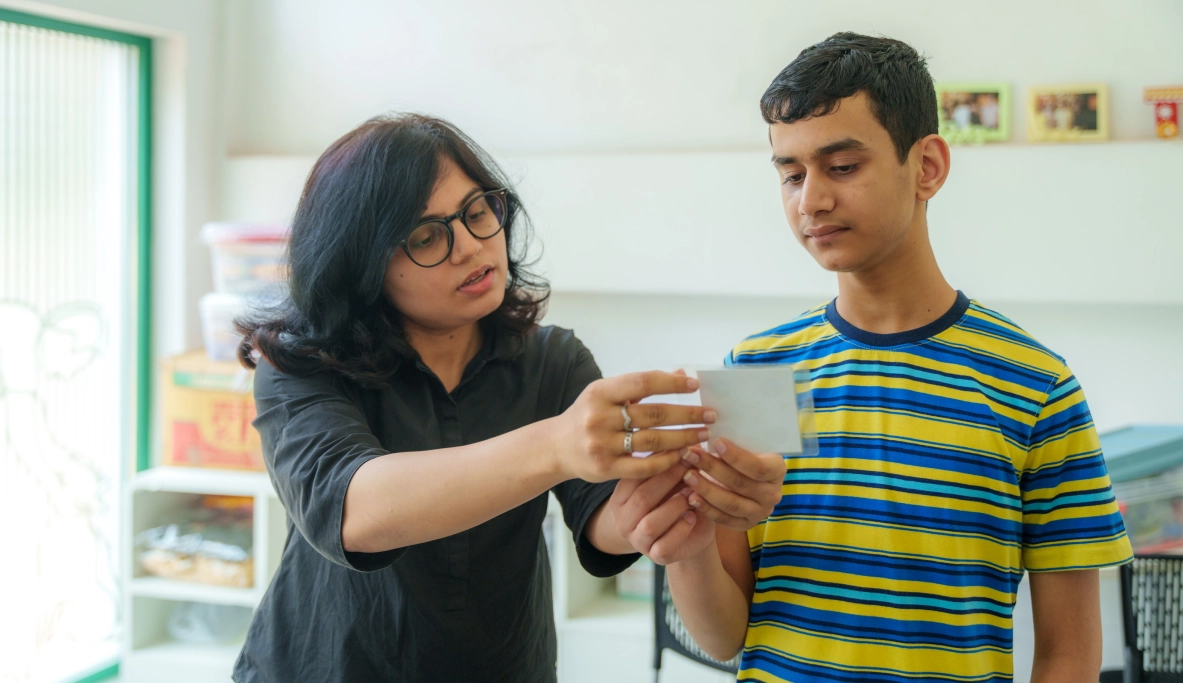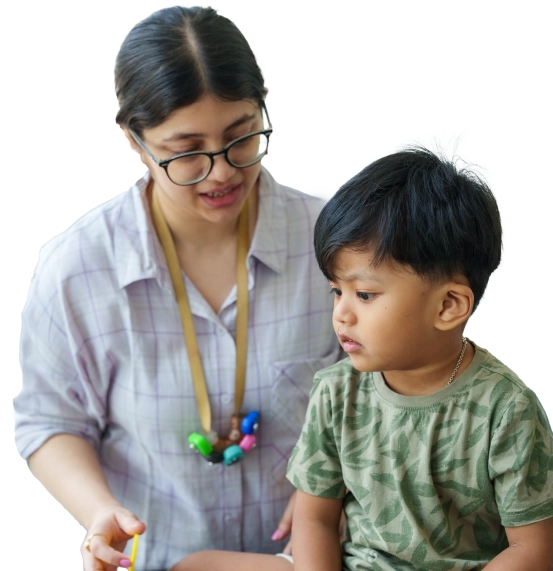Youth mental health is in crisis worldwide.
But when it comes to interventions, there’s a big question: What are the active ingredients that truly help young people? Is it connection? Problem-solving? Managing emotions? Something else entirely?
The Wellcome Trust, the UK’s largest mental health funder, decided to find out.
And this time, India had a seat at the table.
Why Does This Study Matter?
Mental health interventions often come from Western models. They’re backed by solid science.
But, there’s a problem. They are not always grounded in local realities, especially in low- and middle-income countries (LMICs).
That’s why this study turned the spotlight on countries like India and Pakistan, where access, stigma, and cultural differences shape how youth experience mental health—and what they need to feel better.
To do this, researchers conducted in-depth interviews with young people, caregivers, educators, and mental health professionals.
The goal? Identify the active ingredients—the core components—that make an intervention effective in our context.
What Did India’s Youth Mental Health Community Prioritize?
While the full findings are still under peer review, early insights suggest clear patterns:
- Emotion regulation stood out as a key skill—helping young people understand and manage what they feel.
- Supportive relationships—with family, peers, or trusted adults—were essential to healing.
- Problem-solving and resilience were seen as protective tools, especially in uncertain or high-pressure environments.
- Many youth spoke about the need for hope, meaning, and future planning, especially when battling depression or anxiety.
These aren’t “nice-to-haves”—they are foundational.
Impact of the Study
This study isn’t just about collecting data. It’s about reshaping how we design mental health support in India and similar settings.
It pushes the global conversation to:
- Center youth voices from the Global South.
- Move beyond one-size-fits-all programs.
- Build contextual, culturally grounded mental health solutions.




